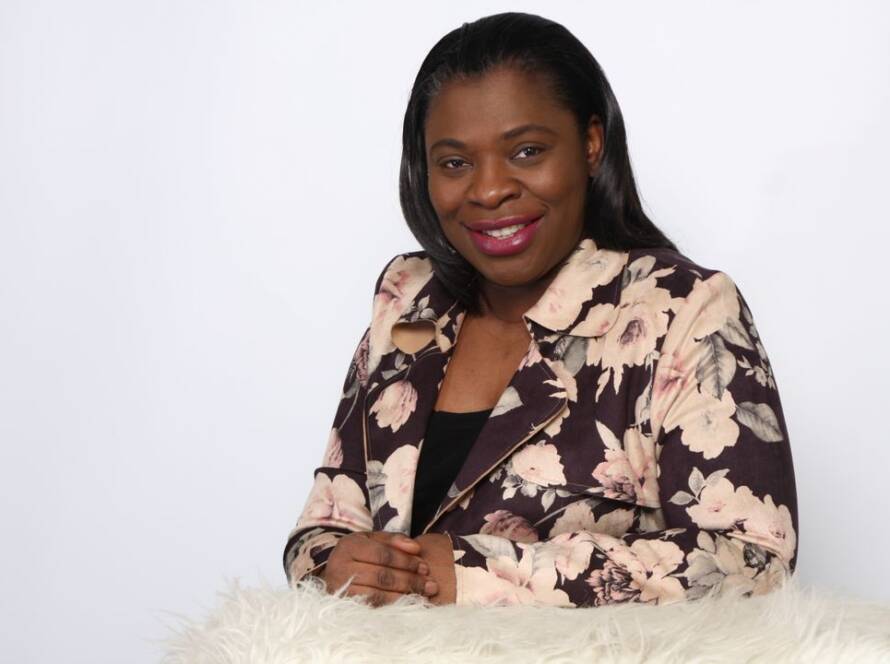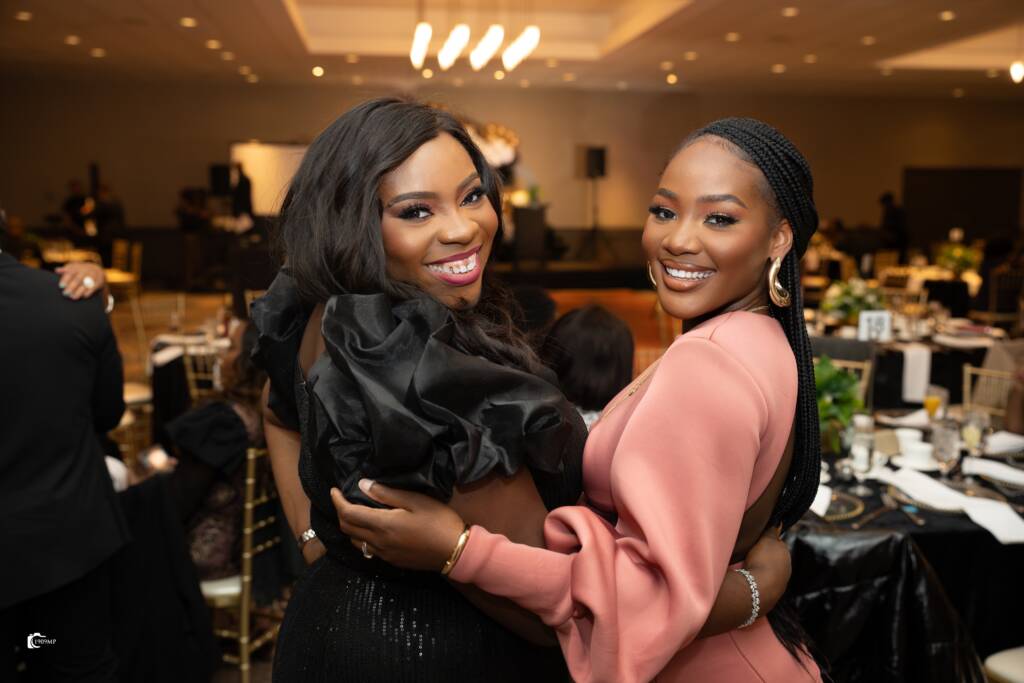Gender-based violence (GBV) is a crisis that affects millions, but for Black women, the struggle comes with unique challenges. From underrepresentation to the perpetuation of stereotypes, mainstream media has often overlooked or marginalized their experiences. Yet, across the globe, Black women are reclaiming their stories, pushing boundaries, and using media as a powerful tool for advocacy, education, and healing. Through social media movements, groundbreaking TV series, and bold documentaries, they’re challenging narratives and uniting communities against GBV in profound ways that continue to inspire and resonate.
The Power of Online Movements: Black Women Leading Change
Social media has become a vital space for Black women to organize, amplify voices, and raise awareness about issues that impact them directly. Unlike mainstream hashtags that may dilute specific Black experiences, online movements led by Black women directly address the nuances and intersections of race, gender, and violence. For instance, #JusticeForJoyceEchaquan highlighted the tragic death of a Black Indigenous woman in Canada, sparking critical conversations about systemic violence and medical neglect faced by marginalized women.
In a similar vein, the #EndRapeCulture campaign, led by activists across Africa, sheds light on sexual violence, specifically against young Black women. South African journalist Zanele Muholi uses social media to share often suppressed stories, giving survivors a platform to speak out. These movements offer a community for survivors and a call for accountability in culturally relevant and impactful ways.
TV as a Mirror: Stories that Speak to Our Struggles and Strengths
Television has often overlooked the complexity of Black women’s lives, especially in Canada and the diaspora, but groundbreaking series are changing this by exploring themes of violence, healing, and resilience through uniquely Black perspectives.
In Canada, Diggstown, a legal drama with Vinessa Antoine as Marcie Diggs, centers a Black female lead for the first time. The show goes beyond entertainment, confronting systemic injustices and the challenges Black women face in professional spaces marked by racism and misogyny. Through Marcie’s story, Diggstown highlights issues like the criminalization of Black youth and the legal obstacles Black women encounter, marking a significant shift in Canadian television.
On a global scale, Netflix’s Queen Sono, its first African original series, follows a Black woman protagonist fighting crime and corruption in South Africa. While action-packed, Queen Sono touches on state violence and the intersections of race and gender, serving as both a tribute and a call to action for Black women across Africa and beyond.
Documentaries and Film: Shining a Light on Hidden Stories
Film uniquely captures Black women’s resilience and resistance, especially through documentaries, which have become a potent medium for exposing hidden truths and sparking conversations around GBV in Black communities.
Nigerian journalist Kiki Mordi’s groundbreaking documentary Sex for Grades reveals the epidemic of sexual harassment in Nigerian universities. Going undercover, Mordi exposes a system where professors exploit young women, sparking critical conversations across West Africa about gender-based violence in education. Her work exemplifies how film can catalyze change by bravely sharing young Black women’s lived realities.
In Canada, filmmaker Ayo Tsalithaba uses a personal approach in My Black Body, exploring media, body image, and sexuality for Black women and non-binary people. Though not solely focused on GBV, Tsalithaba’s work examines how Black bodies are policed and objectified, sparking discussions on agency, self-love, and survival, and illustrating the cultural violence Black women navigate.
Cheryl Dunye’s film The Watermelon Woman is another milestone, breaking ground as the first feature film written and directed by an openly Black lesbian. By creating a character who challenges norms, Dunye’s work underscores the importance of visibility for Black women whose stories are often marginalized.
Global Solidarity Through Storytelling: Bridging Borders and Building Empathy
Media-led movements create solidarity among Black women across the diaspora, building bridges through shared stories, struggles, and triumphs. This unity among women in Canada, Africa, and the Caribbean highlights that gender-based violence is a universal issue demanding global cooperation.
In Jamaica, filmmaker Storm Saulter’s Sprinter, primarily a coming-of-age sports drama, also explores the hardships faced by Black women in diaspora families. Told from the perspective of a young Jamaican man, it addresses family separation and the sacrifices women make for a better life, illustrating how violence and systemic challenges ripple through families and communities.
Similarly, Black Canadian filmmaker Ngozi Paul’s The Emancipation of Ms. Lovely delves into a young Black girl’s journey of identity, trauma, and healing in Canada. Paul captures the often-overlooked experience of growing up Black and female, highlighting a personal yet universal journey of resilience in the face of external pressures.
Moving Forward: Reclaiming Representation
The work of these Black women filmmakers, documentarians, and activists illustrates the power of representation in challenging GBV. By telling stories that are honest, nuanced, and unapologetically Black, these creators do more than entertain—they offer healing, solidarity, and empowerment.
Yet, challenges remain. Media can often commercialize or dilute the experiences of Black women, using trauma as a spectacle rather than a call to action. This is why more Black women must continue to take the reins of storytelling, ensuring that their narratives are treated with respect, care, and authenticity.
Canadian media, in particular, has a responsibility to expand its focus, spotlighting the realities faced by Black women not only as survivors but as resilient community leaders.
Building a Legacy of Impact Through Media
Social media, television, and film are powerful tools for advocacy and unity, and Black women worldwide are using them to push for justice and accountability. By sharing their stories on screen and digital platforms, they’re reshaping conversations around gender-based violence and demanding change.
Through creativity and resilience, Black women are building a legacy that crosses borders and generations, proving that stories told by those who’ve lived them can inspire and transform society. The fight against GBV is ongoing, but with each new story, they lead a movement grounded in strength, solidarity, and a commitment to justice.




